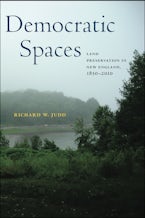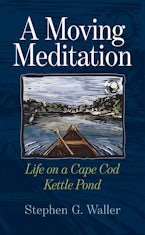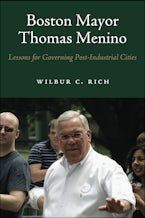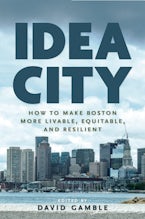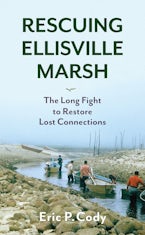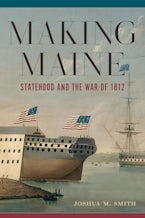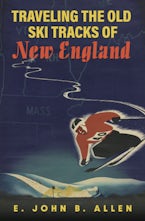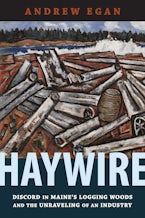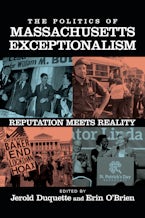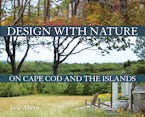- Home
- Here and Everywhere Else
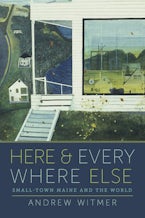
Here and Everywhere Else
Small-Town Maine and the World
Published by: University of Massachusetts Press
288 Pages, 6.00 x 9.00 x 1.30 in, 41 illus., 2 maps, 2 tables
Other Retailers:
Winner of the 2023 New England Society Book Award in the Historical Nonfiction category
Winner of an Award of Excellence, American Association for State and Local History (AASLH)
In 1822, settlers pushed north from Massachusetts and other parts of New England into Monson, Maine. On land taken from the Penobscot people, they established prosperous farms and businesses. Focusing on the microhistory of this village, Andrew Witmer reveals the sometimes surprising ways that this small New England town engaged with the wider world across the nineteenth and twentieth centuries. Townspeople fought and died in distant wars, transformed the economy and landscape with quarries and mills, and used railroads, highways, print, and new technologies to forge connections with the rest of the nation.
Here and Everywhere Else starts with Monson’s incorporation in the early nineteenth century, when central Maine was considered the northern frontier and over 90 percent of Americans still lived in rural areas; it ends with present-day attempts to revive this declining Maine town into an artists’ colony. Engagingly written, with colorful portraits of local characters and landmarks, this study illustrates how the residents of this remote place have remade their town by integrating (and resisting) external influences.
ANDREW WITMER is associate professor of history at James Madison University.
“Here and Everywhere Else investigates the compelling issue of identity formation in American towns and challenges other scholars to revisit some of their basic assumptions about rural agency. It’s well researched, accessible, and filled with rich and revealing stories.”—Eric J. Morser, author of The Fires of New England: A Story of Protest and Rebellion in Antebellum America
“Here and Everywhere Else makes a significant contribution to the growing historical framework of microhistory by showing how we can understand vast and sweeping change through the prism of a small town’s experience. Witmer is very effective in demonstrating how wider currents of religion, politics, education, economic and industrial change, developments in art and media, and environmental thought and tourism filtered through the experiences of the people who lived in and encountered Monson.”—Shelby M. Balik, author of Rally the Scattered Believers: Northern New England’s Religious Geography
Winner of the 2023 New England Society Book Award in the Historical Nonfiction category
Winner of an Award of Excellence, American Association for State and Local History (AASLH)

